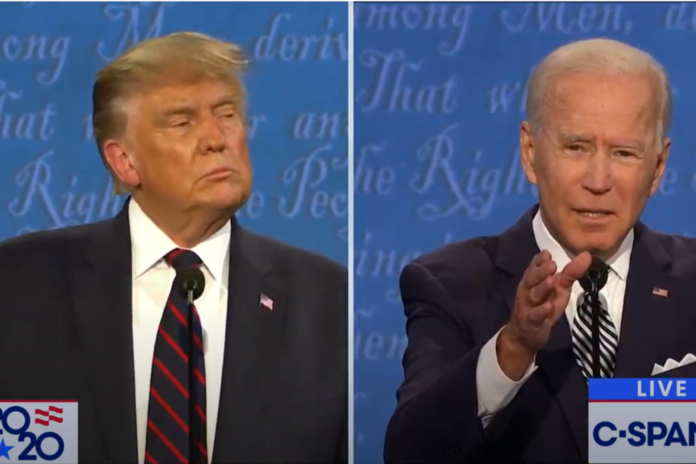(The Center Square) – The U.S. Supreme Court on Friday rejected the state of Texas’ lawsuit seeking to overturn presidential election results in four key swing states.
“The State of Texas’s motion for leave to file a bill of complaint is denied for lack of standing under Article III of the Constitution,” the nation’s highest court wrote in an unsigned ruling released Friday evening. “… Texas has not demonstrated a judicially cognizable interest in the manner in which another State conducts its elections. All other pending motions are dismissed as moot.”
The decision means the Electoral College is likely to vote Monday to confirm presumptive President-elect Joe Biden will be the next president of the United States.
Eighteen Republican attorneys general filed briefs with the U.S. Supreme Court in support of Texas’ lawsuit against the states of Georgia, Michigan, Pennsylvania and Wisconsin over their election procedures. The District of Columbia filed a brief on behalf of 22 Democratic states and territories in support of the four swing states.
The court’s ruling dismisses all related motions.
In a comment accompanying the Supreme Court’s brief ruling, Associate Justice Samuel Alito said he would have accepted the case but not grant other relief.
“In my view, we do not have discretion to deny the filing of a bill of complaint in a case that falls within our original jurisdiction,” Alito said. “… I would therefore grant the motion to file the bill of complaint but would not grant other relief, and I express no view on any other issue.”
Associate Justice Clarence Thomas joined Alito in his written comment.
In its lawsuit, Texas claimed officials from the four defendant states violated Constitutional provisions in the way they conducted their state elections, illegally altered election laws without legislative approval, and removed ballot integrity measures, which impacted other states by affecting the outcome of the election.
The Supreme Court ruled that Texas did not have standing to interfere in other states’ election processes.
“The U.S. Supreme Court saw through this seditious abuse of the judicial process, and its swift denial should make anyone contemplating further attacks on our election think twice,” Pennsylvania Attorney General Josh Shapiro said in a statement after the ruling. “While these stunts are legally insignificant, their cost to our country – in misleading the public about a free and fair election and in tearing at our Constitution – is high and we will not tolerate them from our sister states or anyone else.”


















